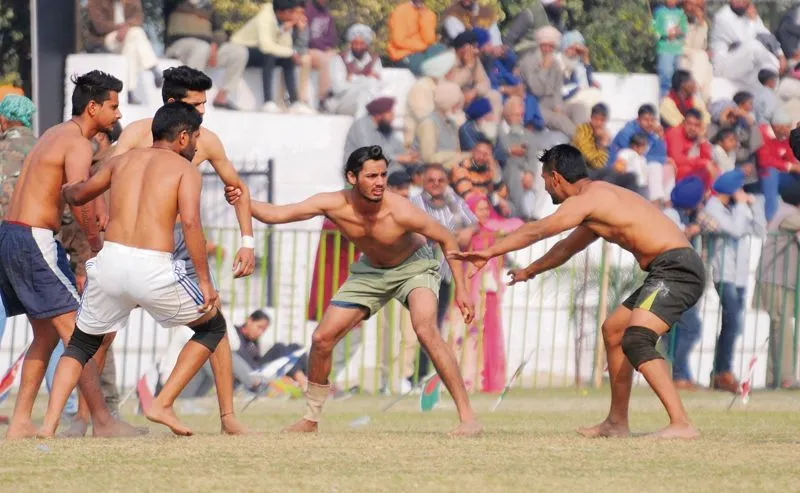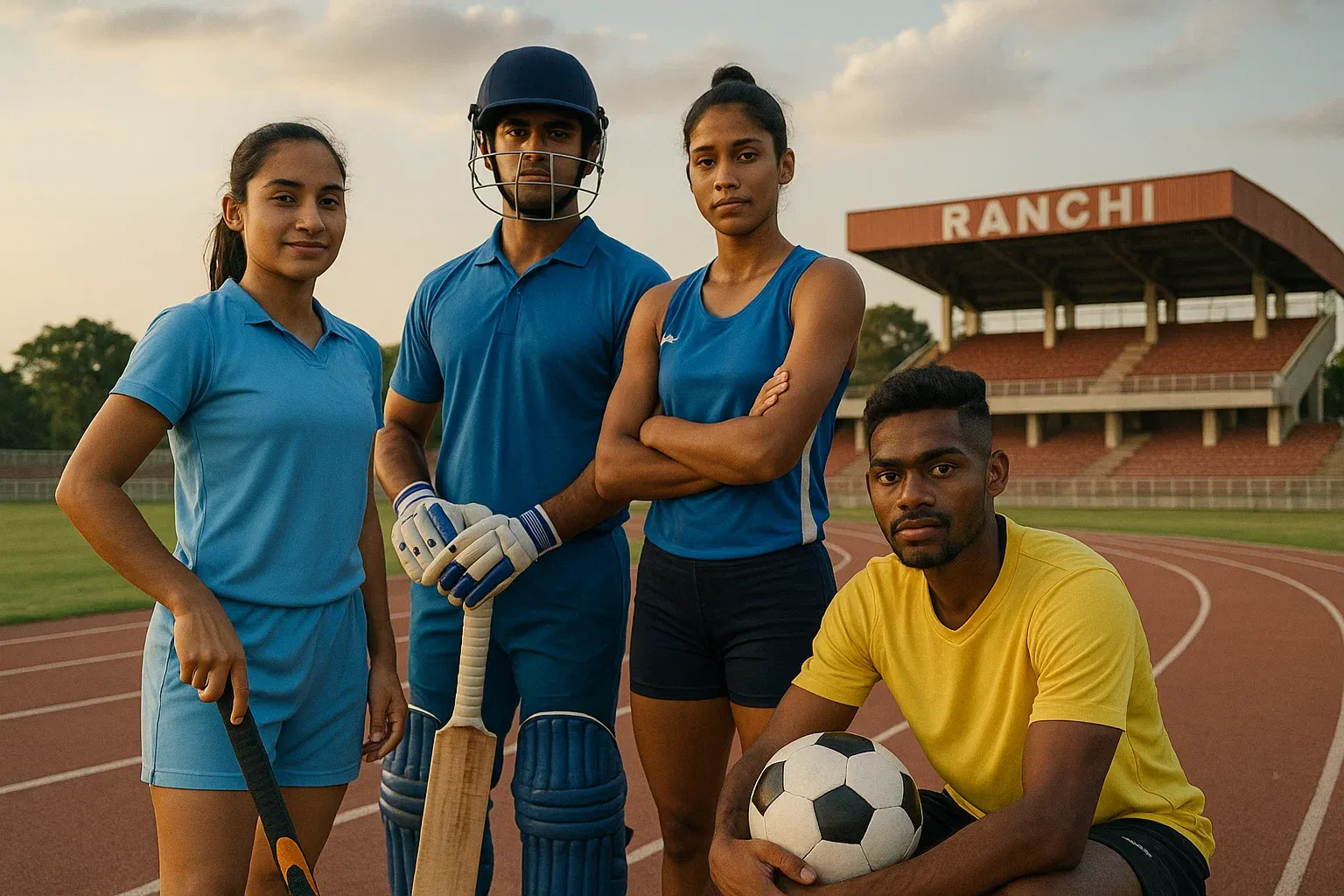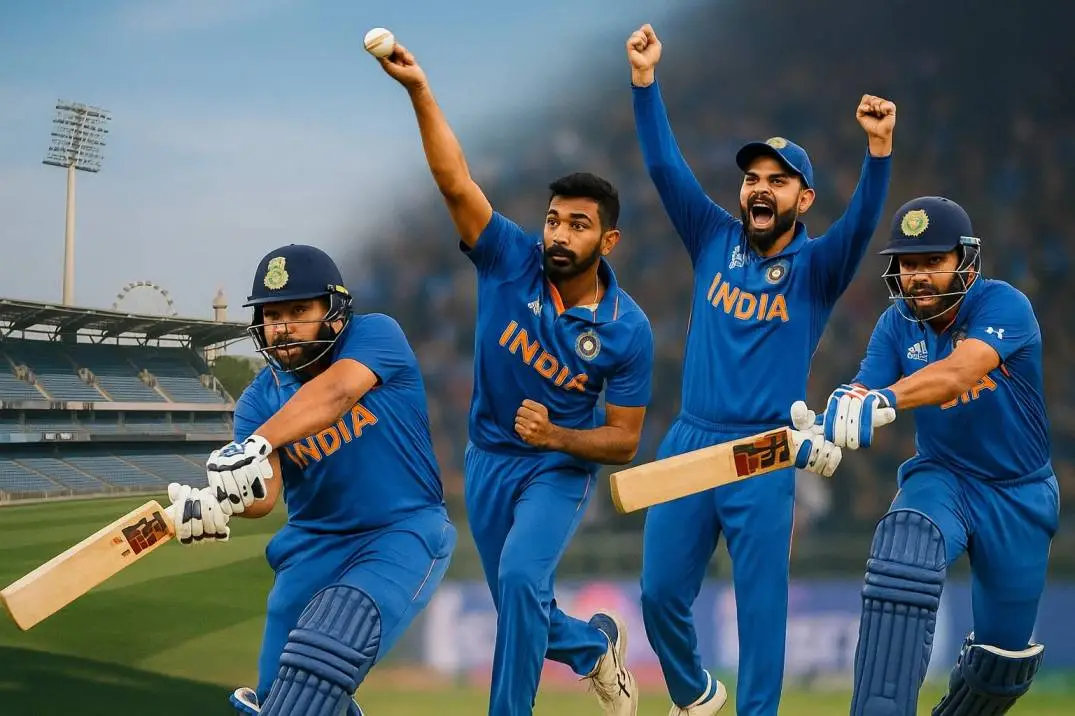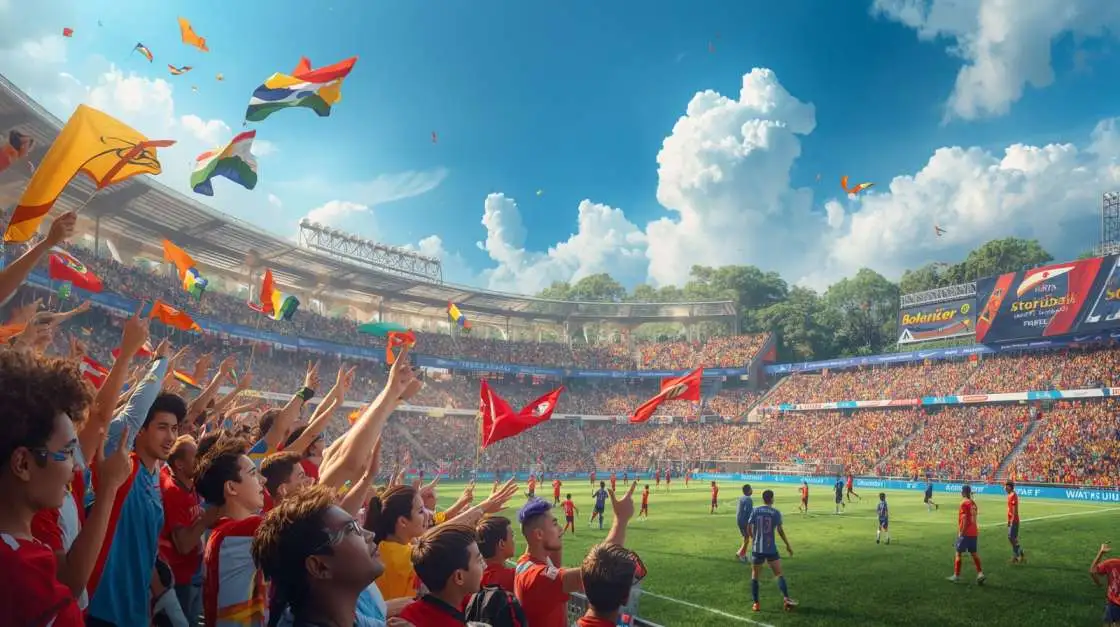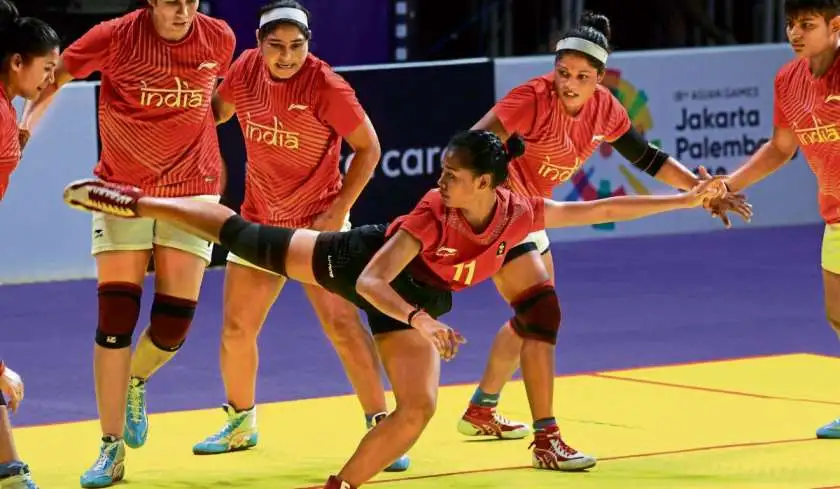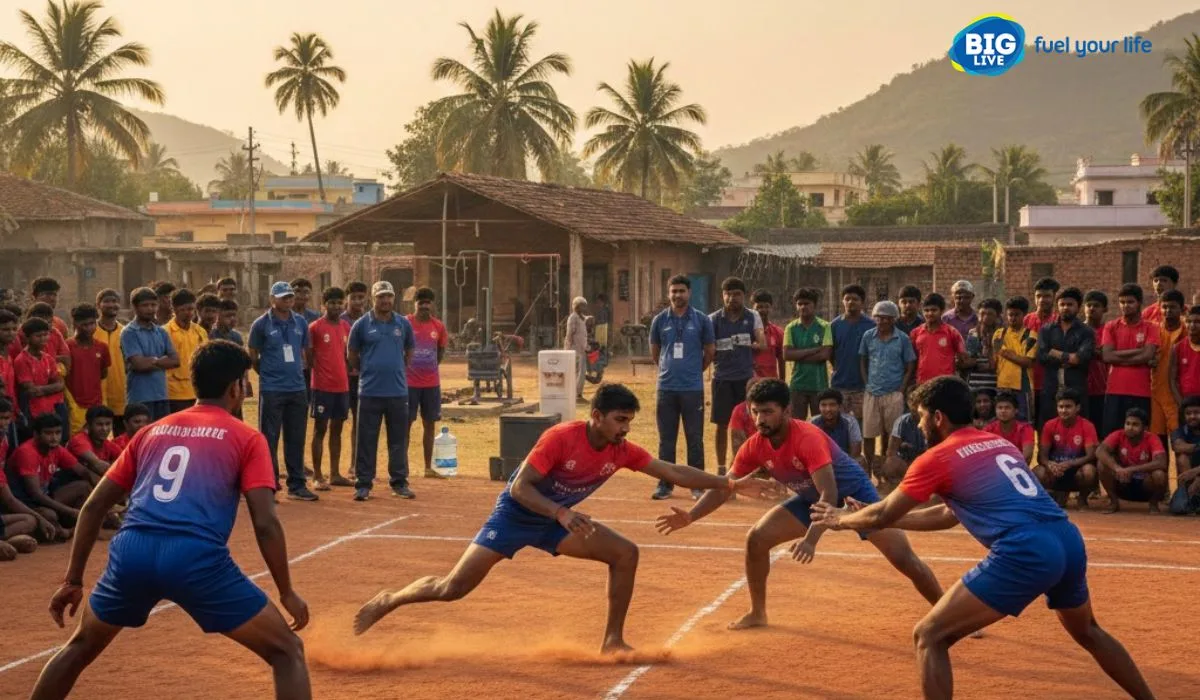1. Same Field, But Wildly Different Playgrounds
You look at both games—rugby and football—and see a field, a ball, and groups of players chasing something. But don’t let that fool you. Scratch the surface and they’re totally different animals. The key to football (or soccer, if you prefer) is dexterity. You barely touch that ball with your hands. Taps, dribbles, strategic slows. Chains of passing rhythm. Rugby? Carry it, crash it, sometimes scream while you run. No fancy footwork—just raw strength and grit. That said, there’s rhythm too. But it’s in vans sliding into tackles, forwards heaving scrums, sprints through gaps. The two games started in England in the 1800s but split fast—one focusing on flowing play and the other embracing physical chaos. Yet both get hearts pounding. People often lump them together because of the green pitch and goalposts. But comparing football to rugby is like comparing poetry to powerlifting. Both beautiful. Both athletic. Both crowd-pulling. But the feel? Entirely different. Fans of each sport wear that difference like a badge—some love subtle curves; others want full hit power.
2. On the Field: Movement vs Collision
When that whistle blows, football players dash and dodge. The clock runs 90 minutes straight unless something forces a pause. The ball glides on grass. It’s all finesse—cutting angles, finishing chances, sliding tackles just at the edge of legal. Not many stoppages. It’s designed to flow. Rugby works differently. The clock still matters, but play is chunkier. Each tackle brings a pause, the referee resets, scrums form. Then instant restart. Matches last 80 minutes, but the actual rhythm is stop-go, stop-go. Backward passes, sideways runs, explosive gaps. Every contact is expected, even welcomed. It’s messy poetry under brutal rules. Scoring tells another story. Football: score a goal, happy day. Little drama, big impact. Rugby: multiple ways—tries, conversions, penalty kicks, drop goals. Each with its own point value. Seasons can end with three-digit combo scores. That complexity makes rugby feel like chess played with physical force.
3. Gear and Physical Feel: Light vs Brutal
Footballers wear shirts, shorts, shin guards. That’s mostly it. Light jerseys, tight boots. They sprint, twist, sometimes yank muscles, occasionally get headers powerful enough to stun themselves. Injuries happen, but contact stays limited. It’s athletic, nimble, precise. In rugby, padding is minimal—usually just a mouthguard. Some wear soft headgear. But tackles? Forget it. Heads smashing shoulders, bodies twisting midair. Players expect impact. Bruised ribs, missing teeth, cut faces. Yet they keep playing. That’s Tuesday to them. Fitness needs differ too. Footballers train for sharp speed, agility, control. Rugby players train for strength endurance—the kind that says ‘I can carry on after two big scraps in a minute’. Positional roles exist but less rigid. Many players run, tackle, pass, kick—it’s all hands-on deck.
4. Culture, Referees, and the Spirit
Ever seen a football match where fans boo the ref non-stop? Happens all the time. Fouls, offside traps, VAR drama—football fans love controversy. Players dive. They draw yelling from crowds. It’s emotional, reactive. The ref often becomes the central villain in tight games. Rugby lives in contrast. Respect for the referee is built in. You argue, you’re off—no second chances. Even big players nod and retreat quietly. That discipline forms part of the culture. After games, fans often grin and clap the opposition even if they lost. It’s competitive, yes, but polite in a rare way. Substitutions differ too. To change tactics, pursue goals, and get new legs, football rolls. Rugby subs more strategic—what player is tired or injured, not just tactical switches. Even the video help (TMO) is quicker, less dramatic. Everything flows with brevity and respect.
5. Worldwide Reach and Fan Identity
Football? Ubiquitous. A kid with a ball in Abidjan plays football. Rio’s favelas host football matches. Europe builds blank stadiums for Champions League games. It’s massive. Footballers become global stars. Sponsorships, brand deals—they earn, shine, sell merch. National passion is fire. Rugby lives in fewer countries but full-throttle. New Zealand, South Africa, England—they bleed rugby. Their World Cup is huge in those lands. Less cash, less glitz, more community pride. Rugby is seen by its supporters as a statement about tradition, toughness, and honor. The sport doesn’t chase celebrity; it builds character. Comparing the money? Footballers earn leagues more. But rugby fans don’t mind—they value what their sport represents. Rugby adds strength and dignity, while football adds flair. Both captivate but in different ways. Now, after all that, which one moves you more? The sleek maneuvers on a football pitch? Or the raw, dynamic strength in a rugby scrum? Maybe you love them both. That’s fine too. But the next time someone says they’re just the same game with a ball, you know better.






